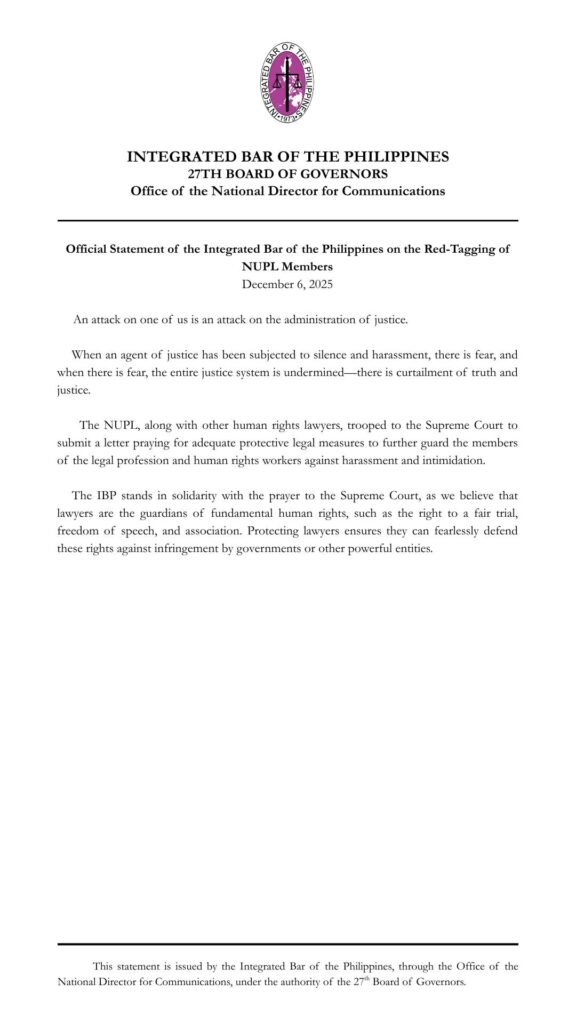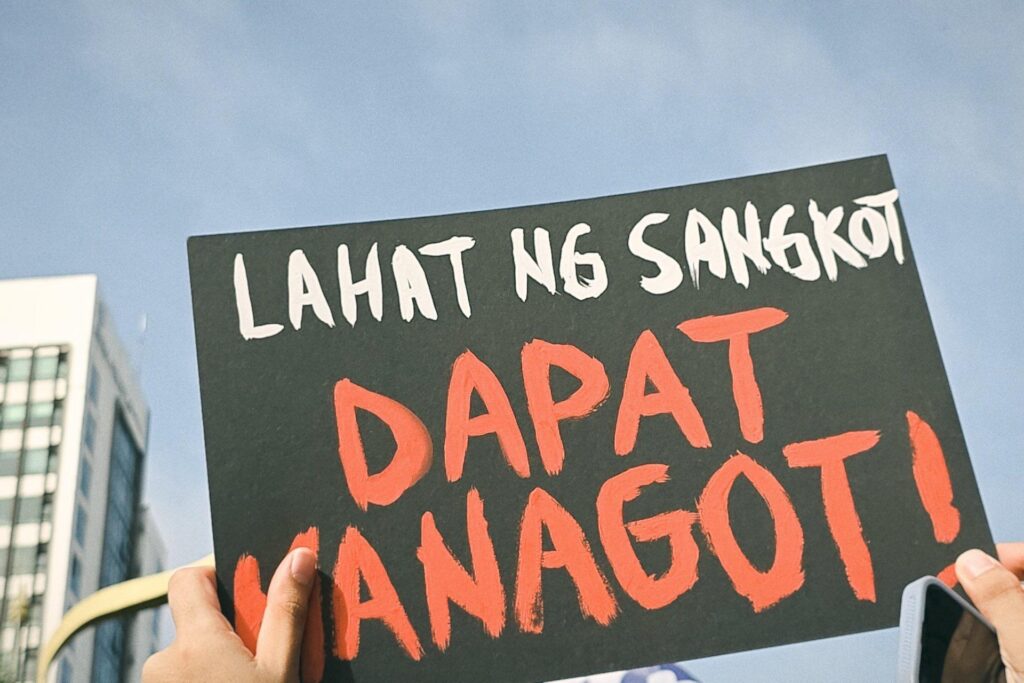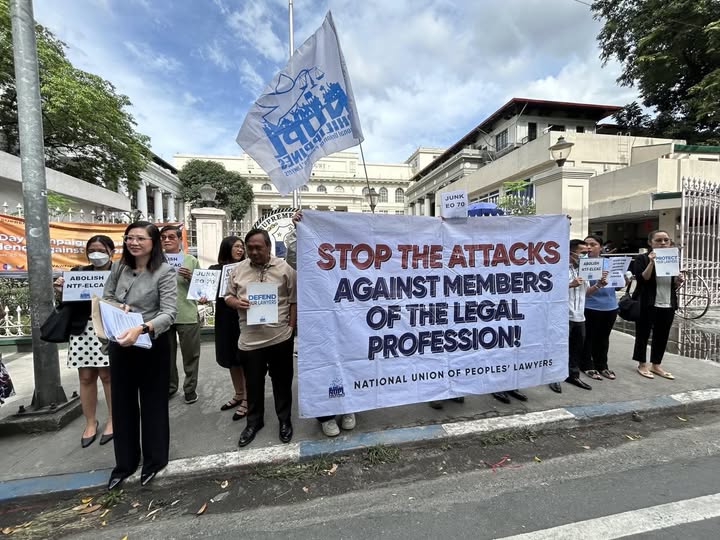Progressive lawmakers warned that any claims of reform in government spending ring hollow as long as unprogrammed appropriations remain embedded in the proposed 2026 national budget.
The Makabayan bloc slammed the House of Representatives for rejecting a motion to eliminate the controversial funding mechanism, accusing allies of President Ferdinand Marcos Jr. of shielding systemic corruption.
“Retaining unprogrammed funds undermines transparency and accountability,” the bloc said, calling the majority’s refusal to abolish or amend the provision a deliberate move to preserve avenues for misuse of public money.
“Slush Fund for Corruption”
ACT Teachers Rep. and Deputy Minority Leader Antonio Tinio led the bloc’s push to zero out the UA allocation entirely. When the proposal was rejected, he introduced amendments to restore safeguards—such as requiring Presidential approval for fund releases and limiting the Department of Budget and Management’s (DBM) power to realign funds. Both measures were struck down.
“The majority’s rejection of these basic accountability measures is a clear signal that they want to keep the Unprogrammed Appropriations as a slush fund for corruption,” Tinio said. “Ang tanong: ano ang tinatago nila? Bakit ayaw nilang ibalik ang mga safeguards laban sa pang-aabuso?”
He warned that removing Presidential oversight creates plausible deniability for fund misuse, while granting DBM unchecked realignment authority is tantamount to issuing a “blank check.”
Impact on the Public
Kabataan Rep. Renee Co highlighted the disconnect between the budget process and the needs of ordinary Filipinos. “While our people struggle with rising prices and inadequate social services, the majority protects a system that allows billions in public funds to be moved around without proper oversight,” she said. “Sino ang mapaglilingkuran ng budget na ito—ang mamamayan o ang mga corrupt na opisyal?”
Makabayan also voted to reduce the budget of the Office of the Vice President, citing its commitment to fiscal responsibility across all government offices.
A System Ripe for Abuse
The bloc emphasized that without transparency and control mechanisms, UA funds risk becoming tools for political patronage and personal enrichment. Gabiela Rep. Sarah Elago criticized the majority’s priorities: “Ang budget ay dapat para sa edukasyon, kalusugan, at serbisyong panlipunan—hindi para sa bulsa ng mga corrupt na pulitiko.”
Call to Action
Makabayan urged the public to scrutinize how their representatives voted on the proposed reforms. “The rejection of basic accountability measures is not just a legislative defeat—it is a betrayal of public trust and a green light for continued corruption,” the statement read.
The bloc vowed to persist in exposing and opposing any misuse of public funds. “Ang pera ng bayan ay para sa bayan, hindi para sa mga magnanakaw.” (ZIA LUNA)




